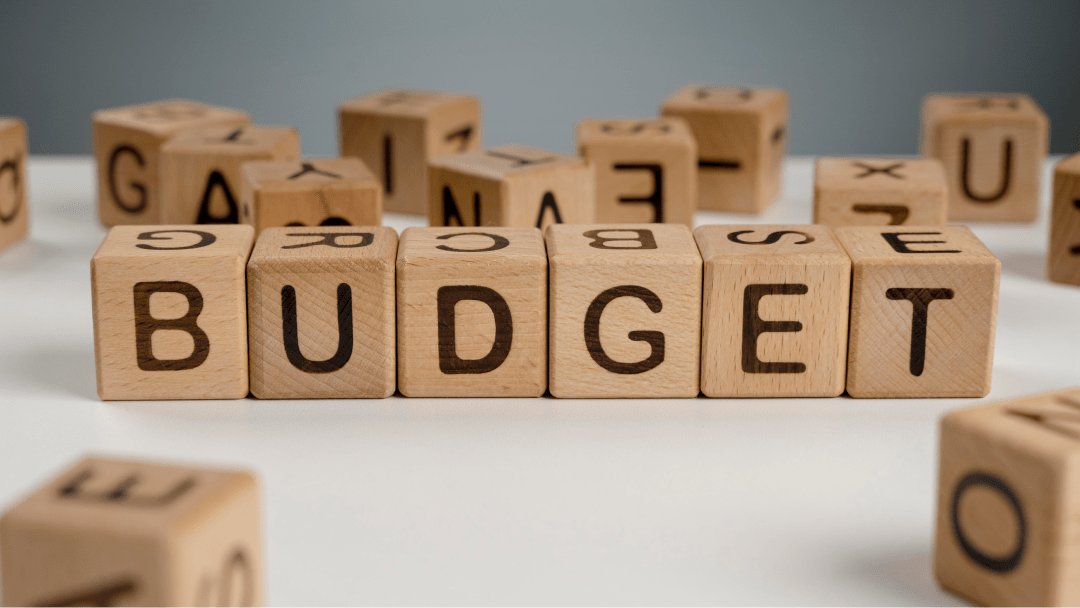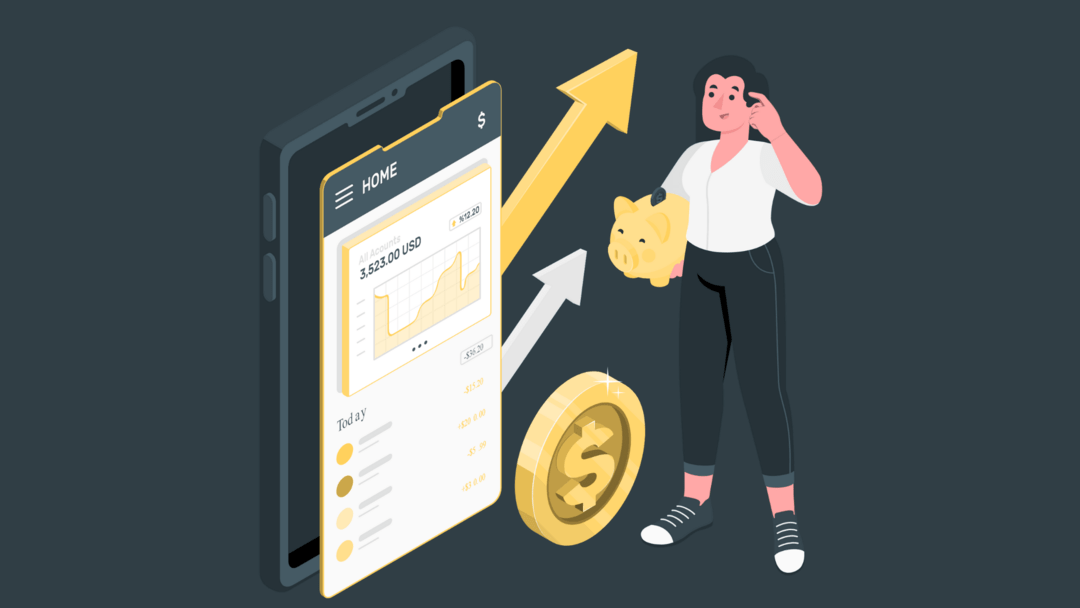If someone offers you money and gives you two options to choose from - 1 crore today, or 10 lakhs for the next 10 years. What would you choose? Did you choose the second option, thinking it would give you better financial stability? Well, if you did so, you made the wrong choice. What you didn’t take into account was Inflation.
Over the 10 years, the value of each 10 lakh rupee will decrease due to inflation. If we consider inflation to be 5% YoY (year-on-year), then in the 10th year today’s 10 lakh rupees would only be worth 6.4 lakhs. And if we add up all the 10 payments which you would receive, taking inflation into account, then the total amount would be worth 81 lakhs, rather than 1 crore.
What is inflation?
It refers to the rise in the prices of goods and services of daily use like food, transport, clothing, etc. over a period of time. Inflation measures the average price change in a basket of commodities and services over time. It represents how much more expensive these goods and services have become over a period of time, most commonly a year.
Effects of inflation
Due to inflation, the purchasing power of currency decreases. As over time, the prices of most goods and services increase, it leads to increased cost of living.
Inflation can also affect your savings. As the purchasing power of money decreases due to inflation, the money in your savings loses its value over time. Let’s make this more clear with an example.
Suppose, you have ₹100 in your savings account, and you earn 3% interest on it. So, after one year, you will have ₹103 in your account. But if by that time, inflation has increased the prices of most goods and services by 5%, then a product or service which was for ₹100 a year back will now be of ₹105. But during the same time, your money has only grown from ₹100 to ₹103. So, the things which you could buy a year back with your savings, you can’t buy now. Hence, the purchasing power of your money has decreased.
Measuring inflation
In India, inflation is measured using 2 indices - CPI(Consumer Price Index) and WPI (Wholesale Price Index).
The WPI indicates the movement of the prices at the wholesale level. It measures the increase or decrease in prices when they are sold between organizations. It is easy to calculate inflation using WPI. But this measure gives us the value of inflation at the institutional level and this may not capture the increase or decrease in the prices for consumers.
The CPI indicates the movement of prices at the retail level. The CPI measures the increase or decrease in the price of goods and services such as food, medical care, education, electronics, etc. As a consumer, CPI is what really matters.
Causes of inflation
There are majorly two causes of inflation- Cost-push inflation and Demand-pull inflation. Let us understand the two in detail. Both are associated with the fundamental economic principles of supply and demand.
Cost-push inflation
Cost-push inflation occurs when the supply of goods or services is limited, but the demand reminds the same. This usually happens due to some external factors like a natural disaster, which breaks the supply chain and hinders the company to produce enough to keep up with the demand. This allows companies to raise prices and that causes inflation.
For example, in the early 1970s, the Organization of Petroleum Exporting Countries (OPEC) took steps to limit the global oil supply. During this period, there was no extraordinary increase in the demand but due to the limited supply, the oil prices still surged. As oil is an important input in most of the production processes, its increased prices lead to increase in the prices of other goods too, and that caused inflation.
Demand-pull inflation
Demand-pull inflation occurs when the demand for goods or services increases, but the supply remains the same. If the spending power of consumers increases, that means they could buy more things than they used to buy earlier. This increases the demand for certain goods or services whereas the supply remains the same. This allows companies to raise the prices and hence causes inflation.
How to protect yourself
Even a moderate rate of inflation (~4%) means that the money held as cash or in your savings account or kept in any financial instrument which offers less returns than the inflation rate, will lose its purchasing power over time.
To beat inflation, you need to invest your money in assets that can grow your money at a rate that is higher than the inflation rate.
In recent times, the inflation rate is hovering between 5% and 6%, and the interest rates of bank deposits are declining. The interest rates have declined to such an extent that the after-tax returns on Fixed Deposits are now, not even beating the inflation that means the net after-tax returns of Fixed deposits are less than the current inflation rate. So, it means that if you keep your money parked in a Fixed Deposit, your money will lose its purchasing power.
Fixed Deposits have now become just a way to protect your money as they don’t have any risk involved. But you should be aware that your money will grow at a rate that is marginally less than the inflation rate.
That’s why it has become more important than ever to learn more about different financial instruments in which you can invest your money, not only to beat inflation but also to grow your money in the long run.



